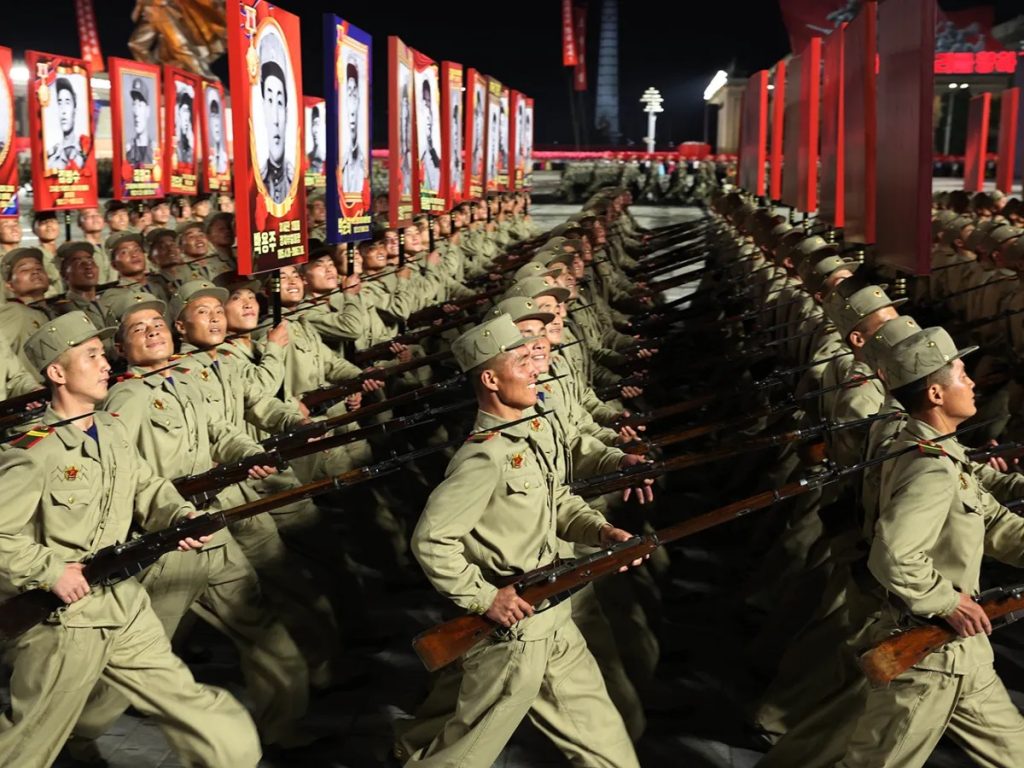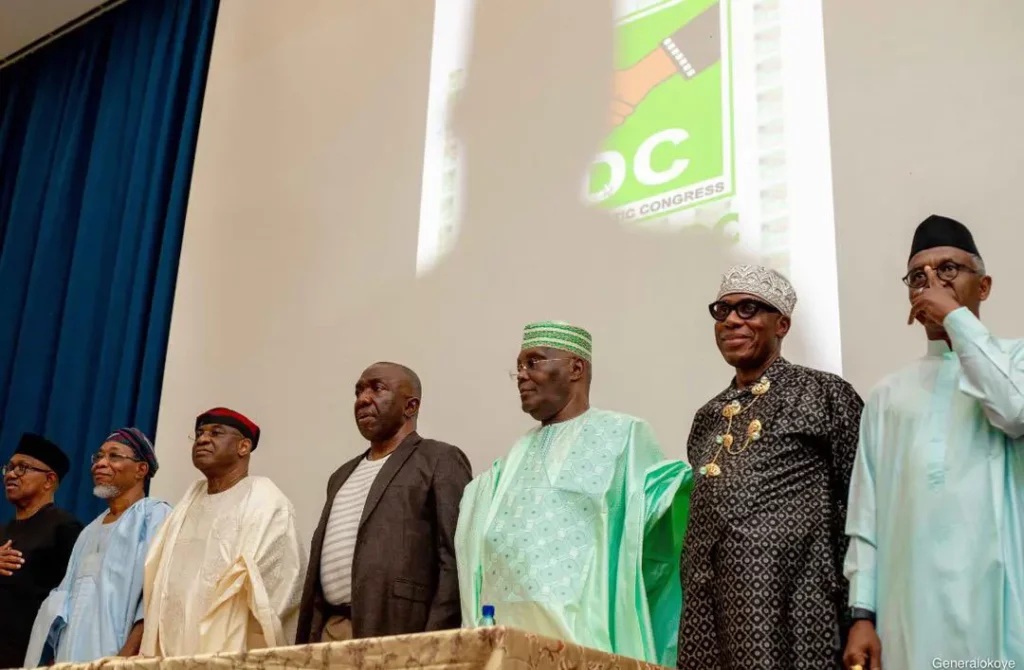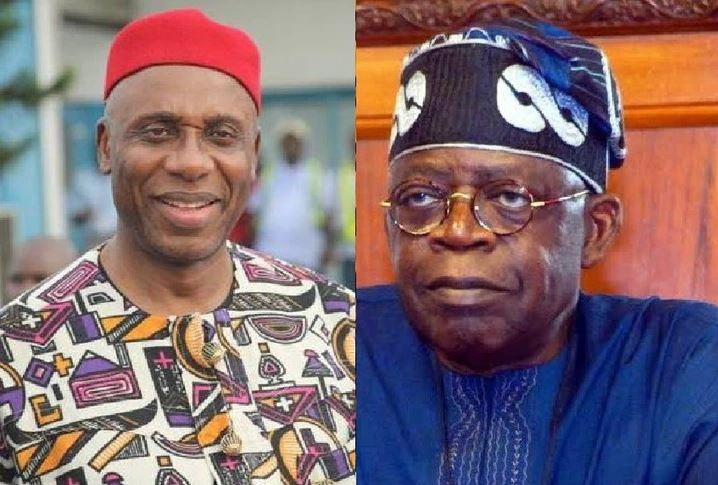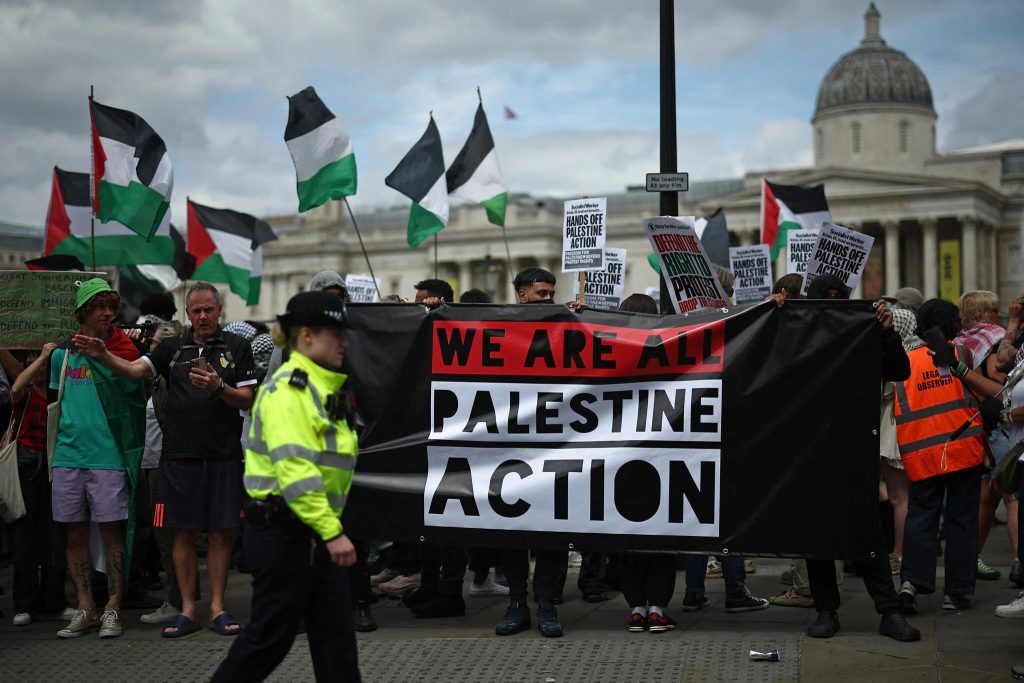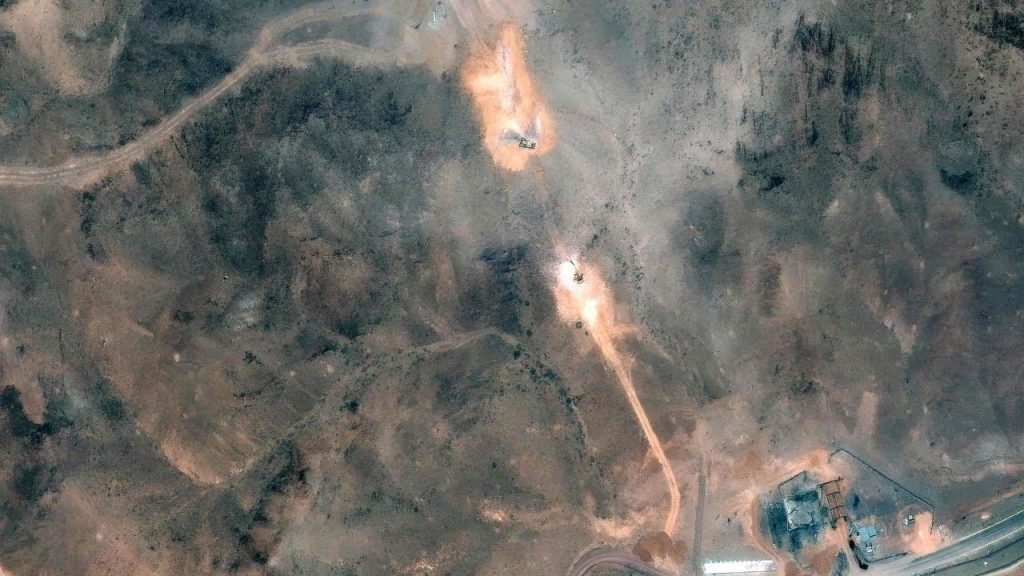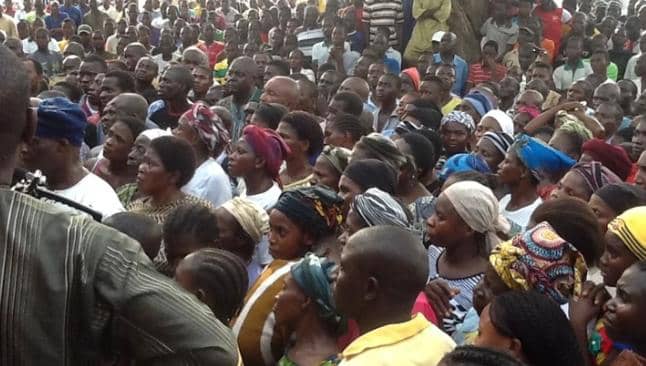Editorial
Nigeria at 64: Independence in Name Only, Deterioration in Reality

Nigeria Sixty-four years ago, Nigeria celebrated its independence from British colonial rule.
It was a monumental occasion, filled with hope and the promise of a new beginning for a nation rich in culture, resources, and potential.
The country’s founders, including the likes of Dr. Nnamdi Azikiwe, Sir Ahmadu Bello, and Chief Obafemi Awolowo, envisioned a Nigeria that would rise to become the leader of Africa, a country that would fulfill the aspirations of its people and be a beacon of progress.
However, as we mark another anniversary of that historic day, the reality of Nigeria’s current state could not be further from that dream.
Nigeria at 64 is not a story of triumph or progress but one of significant deterioration and abandonment of the very systems and institutions that were supposed to form the bedrock of our nation’s development.
What should have been a cause for celebration has become a day of reflection and mourning for what could have been.
The Nigeria we see today is far from the one envisioned at independence.
It is a country plagued by rampant corruption, widespread poverty, an economy on life support, and an unrelenting crisis of insecurity.
The fearlessness of the Nigerian people has been on full display today, as protests under the banner of the “Fearless in October” movement have erupted across the nation.
Nigerians, from Lagos to Abuja, and even in smaller towns and cities, have taken to the streets to voice their frustrations at a government they believe has failed them.
These protests reflect the growing dissatisfaction of citizens who are fed up with the status quo and who can no longer bear the burden of living in a country where survival has become a daily struggle.
The State of the Nation: A Grim Reality
The truth is that Nigeria, at 64 years of age, is in a state of decay.
Corruption and mismanagement have crippled the economy, stifling growth and prosperity.
Inflation is at an all-time high, making it nearly impossible for the average Nigerian to afford even the most basic necessities.
The price of fuel, once a lifeline for many industries and households, has skyrocketed to over N1,200 per liter.
This has had a ripple effect on every other sector, driving up the cost of transportation, goods, and services, and further impoverishing a population already struggling to make ends meet.
The price of a bag of rice, a staple food for millions, has soared to over N120,000, putting it out of reach for many families.
The economic situation is dire, and the government seems incapable of providing solutions.
While ordinary Nigerians languish in poverty, government officials continue to enrich themselves with outrageous salaries and perks, completely insulated from the suffering of the masses.
The gap between the ruling elite and the common man has never been wider, and the consequences of this disconnect are becoming increasingly evident in the form of civil unrest and protests.
The insecurity in Nigeria has reached a crisis point. Bandits, insurgents, and kidnappers have turned the country into a battlefield.
Traveling by road has become a dangerous gamble, with kidnappers lying in wait on highways, ready to snatch innocent travelers for ransom.
In the northeast, Boko Haram and its offshoot, the Islamic State West Africa Province (ISWAP), continue to wreak havoc, displacing entire communities and instilling fear in the hearts of citizens.
In the northwest and central regions, banditry and violent conflicts over resources have escalated.
The Nigerian government, despite its efforts, has been largely ineffective in tackling this widespread insecurity.
Nigeria Compared to Other African Nations
This situation stands in stark contrast to other African countries that gained independence around the same time as Nigeria.
Ghana, which became independent in 1957, has managed to maintain relative political stability and has made significant strides in sectors such as education, health, and infrastructure.
Its capital, Accra, has become a hub for tourism and investment, while its government has focused on democratic governance and anti-corruption measures.
Kenya, independent since 1963, has emerged as one of Africa’s technology leaders, with Nairobi being dubbed “Silicon Savannah” due to its growing tech industry.
Despite facing its own challenges, Kenya has shown an ability to innovate and push forward.
Senegal, another nation that achieved independence in 1960, has made impressive progress in human development indicators, particularly in healthcare and education.
It has successfully avoided many of the violent conflicts that have plagued other African nations and has invested in programs to support sustainable development.
Even South Africa, which only achieved majority rule in 1994, has positioned itself as a regional economic powerhouse, despite its challenges with inequality and governance.
By comparison, Nigeria, with its vast natural resources and the largest population in Africa, has continuously underperformed, largely due to corruption and poor leadership.
The country’s oil wealth, which should have been a blessing, has instead become a curse, with successive governments mismanaging oil revenues and allowing corruption to thrive.
The political class has siphoned off the country’s wealth, prioritizing personal gain over national development instead of investing in critical infrastructure, healthcare, and education.
The “Fearless in October” Protests: A Call for Change
It is against this backdrop of economic hardship and insecurity that today’s protests have erupted.
The “Fearless in October” movement is a reflection of the pent-up frustrations of millions of Nigerians who feel abandoned by their leaders.
They are demanding an end to bad governance, corruption, and the rampant insecurity that has made life unbearable for so many.
The protests, which began in Lagos and have spread to other parts of the country, are a powerful reminder that the Nigerian people have not given up on their country.
They want their voices heard, and they are demanding that the government take action to address the root causes of their suffering.
This movement addresses not just the high cost of living or the insecurity on the roads, but the very future of Nigeria as a viable, functioning nation-state.
How can we, as Nigerians, celebrate 64 years of independence when we are not yet free from the chains of corruption, insecurity, and poverty?
Independence is supposed to mean freedom—freedom from oppression, freedom from exploitation, and freedom from fear.
Yet, for millions of Nigerians, these freedoms remain elusive.
The insecurity that ravages our roads and communities, the economic policies that drive up the cost of basic goods, and the corrupt practices that siphon public funds into private pockets all serve as reminders that true independence is still a distant dream.
Leadership in Crisis: A Nation Abandoned
The Nigerian government, for its part, has been largely silent in the face of the growing unrest.
Instead of addressing the legitimate concerns of the protesters, it has often responded with force, attempting to stifle dissent rather than engage with the people it is supposed to serve.
This is not the hallmark of a democratic government—it is the behavior of a leadership that has lost touch with its citizens and is more concerned with maintaining power than with solving the country’s problems.
Government officials, with their bloated salaries and luxurious lifestyles, continue to live in a bubble, insulated from the suffering of ordinary Nigerians.
While they enjoy the benefits of office—flying abroad for medical treatment, sending their children to prestigious schools overseas, and living in opulence—the vast majority of Nigerians struggle to access basic healthcare, quality education, and clean water.
The disconnect between the ruling class and the masses has never been more evident, and it is this disconnect that has fueled the anger and frustration we are seeing on the streets today.
A Call for Accountability and True Independence
As Nigeria marks 64 years of independence, we must confront the uncomfortable truth: our independence has been hollow.
It is independence in name only, not in substance. We cannot claim to be truly independent when we are still beholden to the forces of corruption, insecurity, and bad governance.
We cannot claim to be independent when millions of Nigerians live in poverty, unable to access the basic necessities of life.
cannot claim to be independent when our roads are unsafe, our schools are failing, and our healthcare system is on the verge of collapse.
The protests today should serve as a wake-up call to the Nigerian government and the political class.
The people are demanding change, and they will no longer accept the status quo.
The fearless spirit of the Nigerian people, as demonstrated in the “Fearless in October” movement, shows that the citizens of this great nation have not given up on the dream of a better Nigeria.
They want true independence—not just from colonial rule, but from the forces that have held this country back for so long.
It is time for our leaders to listen, to take action, and to deliver on the promise of independence.
If they fail to do so, the protests of today will only grow louder, and the calls for accountability will only become more urgent.
The future of Nigeria depends on it.
For Diaspora Digital Media Updates click on Whatsapp, or Telegram. For eyewitness accounts/ reports/ articles, write to: citizenreports@diasporadigitalmedia.com. Follow us on X (Fomerly Twitter) or Facebook



